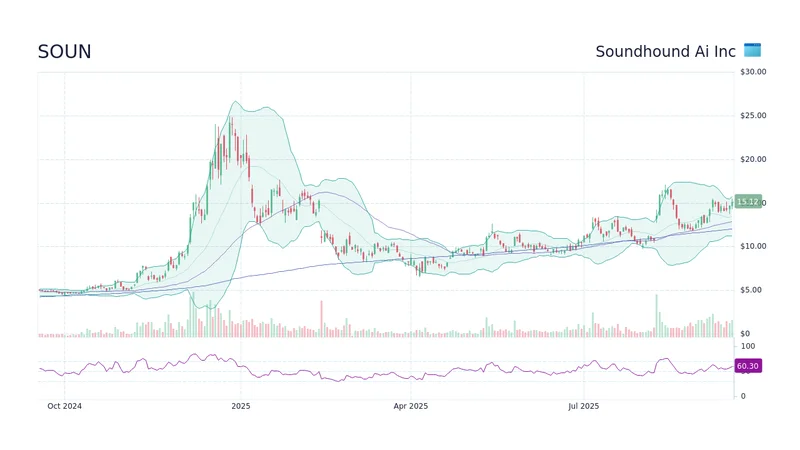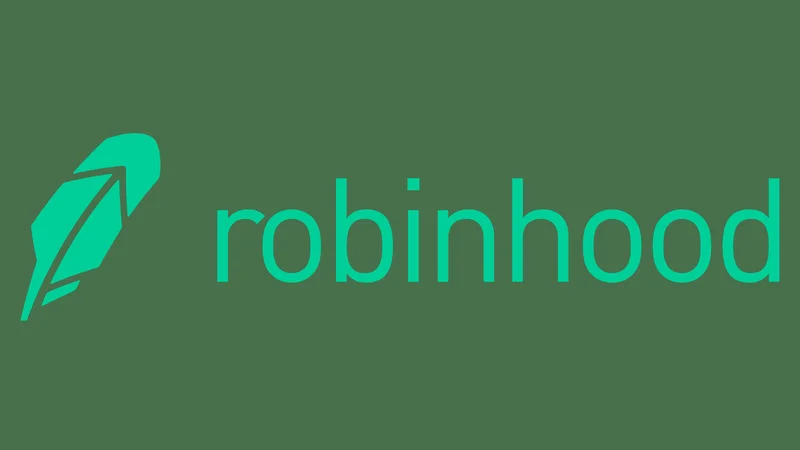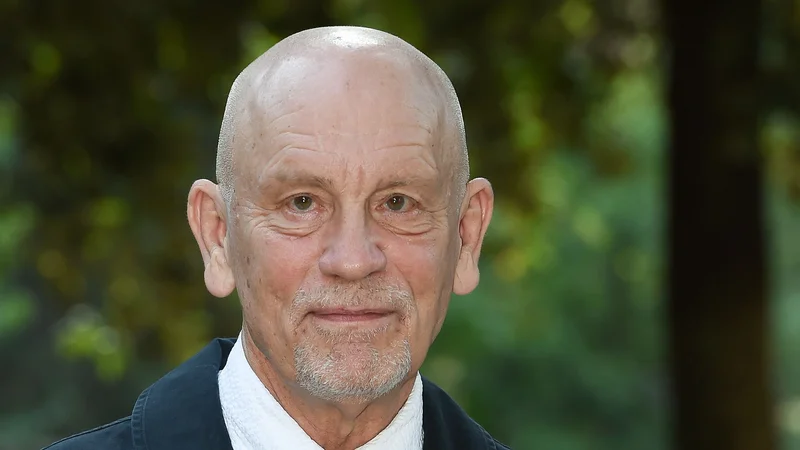Dan Schulman Named New Verizon CEO: What His PayPal Past Means for Verizon's Future
Verizon’s New CEO Isn’t About 5G. It’s About a Quiet Panic.
The market’s reaction to the news was, in a word, muted. Following the announcement — Dan Schulman Named CEO of Verizon, Succeeding Hans Vestberg - Quiver Quantitative — the stock ticked up a mere 1.3% in premarket trading. It was a polite, almost perfunctory nod. A golf clap for a corporate reshuffle.
But this quiet reception misses the signal entirely. The appointment of the former PayPal chief to replace Hans Vestberg is not just another executive changing offices. It’s a flashing red indicator, a data point that reveals a deep-seated anxiety in the Verizon boardroom. This isn’t a course correction. It’s a desperate grab for a new map.
For years, the narrative from Verizon has been singular: 5G. Under Hans Vestberg, an engineer by trade and a network man to his core, the company poured tens of billions into building out its next-generation infrastructure. The promise was a revolution—a new world of autonomous cars, smart cities, and IoT devices, all powered by Verizon’s superior network. The problem? That revolution has yet to pay the bills. The stock has languished, and subscriber growth has become a street fight for inches against T-Mobile and AT&T.
Hiring Dan Schulman is the loudest possible admission that the "build it and they will come" strategy has failed.
The Illusion of a Telecom Hire
Let’s be clear: Dan Schulman is not a telecom guy. His resume is a tour of consumer finance and digital payments—PayPal, American Express, even a stint at Sprint’s prepaid division. He doesn't speak in megahertz and spectrum bands. He speaks in user engagement, monetization, and ecosystem-building.
Outgoing CEO Hans Vestberg was the architect. His job was to lay the concrete and steel of the 5G superhighway. The Verizon board has now effectively declared that project complete (or at least, complete enough). But they’ve been left with a magnificent, multi-billion-dollar highway system with very few profitable destinations built alongside it. Appointing Schulman is like a city that, after finishing its highway, fires the head of civil engineering and hires a master of retail development and urban planning. The message couldn’t be more explicit: the construction phase is over. Now, for God’s sake, someone needs to figure out how to make money from all this traffic.
This isn’t a subtle shift in strategy; it’s a fundamental pivot in corporate identity. Verizon spent a decade and a fortune convincing us it was an infrastructure powerhouse. Now, it's signaling that its future isn't in the pipes, but in what flows through them. But what, exactly, is that? What does a fintech guru do with 115 million wireless subscribers—to be more exact, 114.7 million as of the last quarterly report?

I’ve looked at hundreds of corporate filings, and this kind of radical C-suite pivot from a core-competency executive to an adjacent-industry one is almost always a sign of internal distress. It’s a tell. It suggests the internal candidates, steeped in the old telecom playbook, were deemed incapable of solving the new problem. The problem isn’t the network anymore. The problem is the business model.
Decoding the Schulman Signal
To understand where Verizon might be headed, one only needs to look at Schulman’s tenure at PayPal. He inherited a simple, effective “pay online” button and transformed it into a sprawling financial services ecosystem. He pushed into QR code payments, cryptocurrency, and peer-to-peer transfers with Venmo. The goal was to embed PayPal into every corner of a user’s financial life, moving it from a sporadic utility to a daily habit.
Now, apply that thinking to Verizon. The company has a massive, direct billing relationship with millions of American households. Yet, for most, that relationship is purely transactional and mildly antagonistic—a utility bill that shows up once a month. There is almost no brand loyalty beyond the perceived quality of the network. Can Schulman change that? Can he leverage that billing relationship to offer bundled services, a digital wallet, or even insurance and credit products?
This is the multi-billion-dollar question. The potential for synergy is obvious, but so are the risks. Consumers have a notoriously low-trust relationship with their mobile carriers. Will the same person who calls customer service to complain about a $5 data overage fee suddenly decide to trust Verizon with their entire financial life? The historical data on telcos successfully branching into adjacent consumer services is… thin. It’s a graveyard of failed media ventures and half-baked content plays.
And this is the part of the analysis that I find genuinely puzzling. The market seems to be pricing this as a standard leadership change, not as the high-risk, high-reward gambit it truly is. Is the assumption that Schulman can simply port the PayPal playbook over to a heavily regulated, low-growth utility? Or is the market so starved for any sign of a growth story at Verizon that it will latch onto anything that isn’t about capital expenditure on cell towers?
The Numbers Behind the Panic
Strip away the corporate press releases and you’re left with a stark set of numbers. Over the last five years, Verizon’s stock has delivered a negative total return, while the S&P 500 has soared. Its primary growth engine, postpaid phone net additions, has sputtered. The company’s most attractive feature is its dividend yield, which is both a comfort to income investors and a glaring admission that the market expects very little capital appreciation.
The decision to bring in Schulman wasn’t made in a vacuum. You can almost picture the charts on the boardroom wall in Basking Ridge, New Jersey—the red lines of customer acquisition cost trending up, the blue lines of average revenue per user (ARPU) stubbornly flat. The conversation in that room, the one that led to this hire, was one of quiet panic. It was the realization that competing on network quality alone is a game of diminishing returns.
Hans Vestberg will stay on as a special adviser for a year (a standard, face-saving gesture), but his era is over. It was the era of immense investment for a future that never quite arrived as advertised. Dan Schulman has been brought in to salvage that investment. He’s not here to build a better network. He’s here to build a better business on top of the one they already have. The modest 1.3% bump in the stock isn’t a vote of confidence. It’s the price of a lottery ticket.
The Pipe Is Built; Now They Need a Plumber
Ultimately, the hiring of Dan Schulman is Verizon's board tacitly admitting a difficult truth: being a fantastic network engineering company is no longer enough. Hans Vestberg built a state-of-the-art pipe, arguably one of the best in the world. The problem is, the company has proven inept at monetizing what flows through it. They hired a consumer-products and payments expert because they finally conceded that they don't know how to do it themselves. This isn't a forward-looking move from a position of strength. It's a desperate, albeit logical, attempt to fix the business model before Verizon solidifies its fate as a slow-growth, high-yield utility stock. This is their shot at becoming something more, and it might just be their last one.
Related Articles
SOUN Stock Plunge: Revenue Surge vs. Market Skepticism
Alright, let's dissect this SoundHound AI (SOUN) situation. The headline screams "strong revenue sur...
Robinhood's Next Chapter: Decoding the 2025 Vision and What It Means for the Future of Investing
It’s easy to get lost in the numbers, and with Robinhood in 2025, the numbers are absolutely stagger...
Fifth Third Swallows Comerica for $10.9B: Why It's Happening and Why You Should Care
So, another Monday, another multi-billion dollar deal that promises to "create value" and "drive syn...
The VIX Name is a Complete Mess: What the Streaming Service Is vs. That Stock Market Thing
So, the market’s "fear gauge" finally decided to show a pulse. Give me a break. On Friday, the VIX s...
John Malkovich Cast as President Snow: An Analysis of the Casting and Its Implications
The announcement landed with the precision of a well-funded marketing campaign. The Hunger Games, a...
DWP Christmas Bonus 2025: Eligibility and Payment Shifts
The DWP's Christmas Bonus: A Tiny Spark of Hope in a Winter of Need Okay, folks, let's talk about so...





